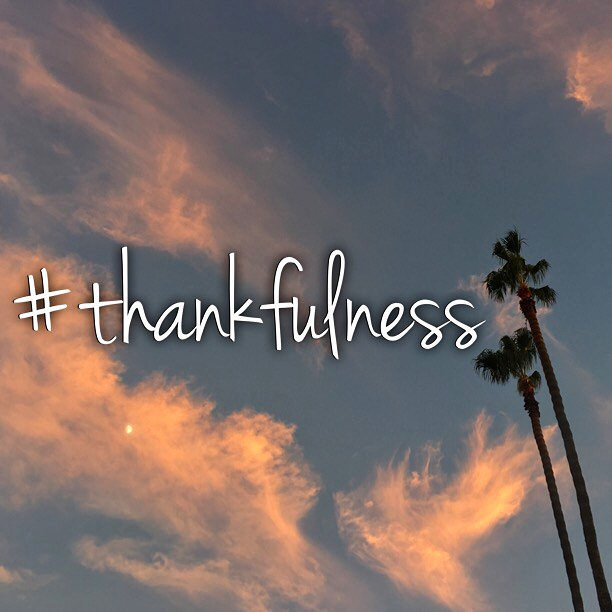O Thanksgiving, how is it that every year you sneak up on us so quickly?
I would rather stick to preaching around the liturgical calendar and other congregational moments.
Yet Thanksgiving is one of those U.S. cultural holidays — including Mother’s Day, Fourth of July, Groundhog Day (!) — that gives us preachers a chance to reshape meaning and infuse new understandings as our communities struggle to live faithfully in the world. (What, you don’t have parishioners screaming for Punxsutawney Phil hymns?)
Of all the holidays, Thanksgiving is one that beckons us to dive into the idea of gratitude and thankfulness — important theological concepts for Christians.
Now I know that most services and sermons on Thanksgiving Eve or Thanksgiving Sunday will include some ritual in which the congregation can offer thanks for specific things. Done well, these are powerful moments for a congregation, ones that force us to name people, places, or life happenings that we might not otherwise name.
But then the “So what?” question must be answered, because being thankful is not the endgame of our faith. We are thankful for the reconciling nature of the life, death, and resurrection of Jesus Christ, so we move into, amidst, and through the world differently. Our preaching on this day should move from being to doing: from being thankful to having our gratitude expressed in ways that honor those things for which we are grateful.
- I am thankful for my family from the Philippines and China who sacrificed so much to make a life in the United States. So in gratitude I stand in solidarity with those immigrants who are struggling to do the same.
- I am thankful grace is extended to me when I was less than kind to someone I love. So in gratitude I will do my best to extend a gesture of understanding when I am wronged by one who I know loves me.
- I am thankful for those who have held me accountable for my words, actions, and attitudes so that I can discover who God is intending me to become. So in gratitude I will speak up and act in the presence of hurtful words, actions, and attitudes AND I will choose to believe that the other person may be open to their own transformation and growth.
As you climb into the (metaphorical or actual) pulpit this week, be sure to draw out the gratitude that is naturally sweeping over your listeners — but do not let it stop there. Preach people into knowing the courage, perseverance, and willingness to act out of their gratitude in order to take part in the healing of the world.
Thankful for you preachers,
Bruce
P.S.: Thanks to the Facebook crew for offering topic suggestions for this and future columns.
Bruce Reyes-Chow’s bimonthly Working Preacher column, “Preaching Wholeness,” is all about proclaiming harmony and hope in a world of division and discord.

